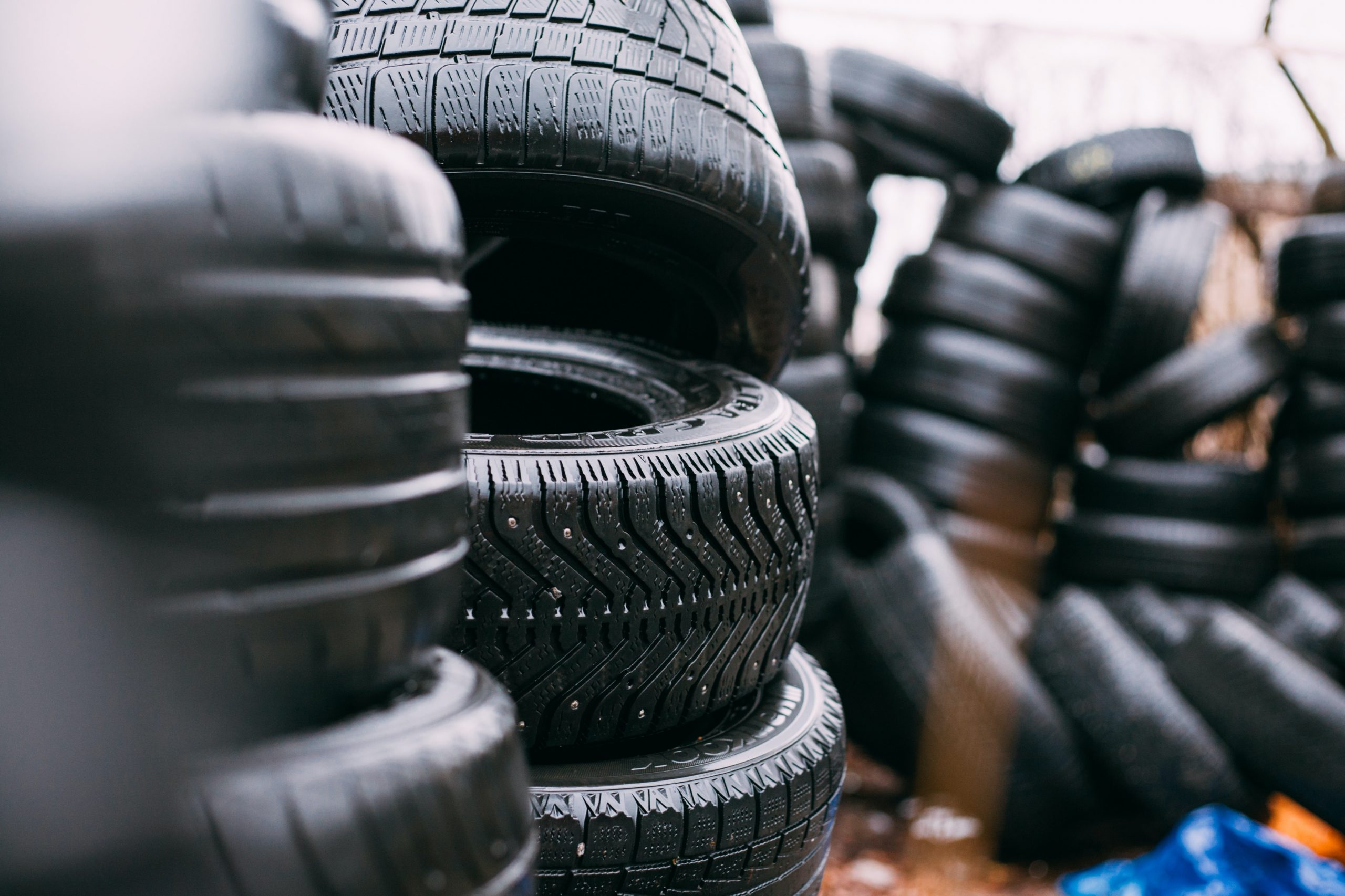
Experts agree that tires should be replaced between 25,000 and 50,000 miles. Of course each tire is made differently and you should also check with the recommendation of the manufacturer to determine when it is appropriate to replace the tires. In some cases, unfortunately we don’t even make it to those desired benchmarks because of a flat that is beyond repair, or damaged sidewall. When it comes to replacement tires, especially in performance vehicles such as a BMW, Audi, Mercedes or Porsche you have options depending on what you are looking to get out of your vehicle, as well as the level of convenience and maintenance you desire.
All Season Tires
If you’re looking for an easy replacement option and don’t want to think about changing your tires with the seasons, then all season tires are your best bet. They are known as the jack of all trades, but the master of none. Their rubber and grip structure provides decent performance year round but definitely nothing special specifically in either summer or winter. While you do get slightly lower performance that utilize the technology of both summer and winter tires in their respective seasons, the convenience of not needing to change your tires during the year is definitely a plus.
Summer Tires
If you are someone who loves driving and you’re looking to get the most out of your vehicle in the warmer months, summer times are the way to go. Summer tires deliver better grip to the road which in turn provides better handling to your vehicle, which is why in some circles they are also called performance tires. The only caveat is that they don’t perform well in the winter, so if you are going to invest in summer tires, consider the extra cost of winter tires to go with them. On the other hand the driving experience you get from this investment is just that much better.
Winter Tires
In New England, anything can happen. No matter how capable you and your vehicle might be at driving in the snow, there’s nothing wrong with giving yourself every advantage available. The rubber formula for winter tires is designed to deliver optimal grip in colder temperatures. If you are going to invest in summer tires for their performance, it only makes sense to have your alternate pair be a pair of winter tires rather than all season.

